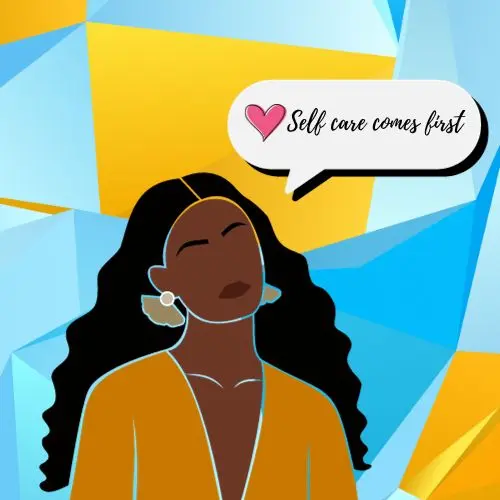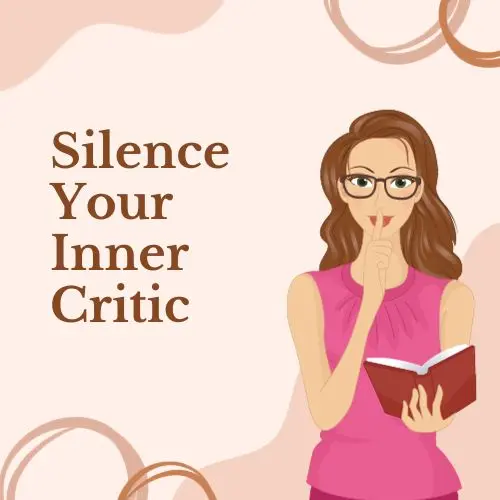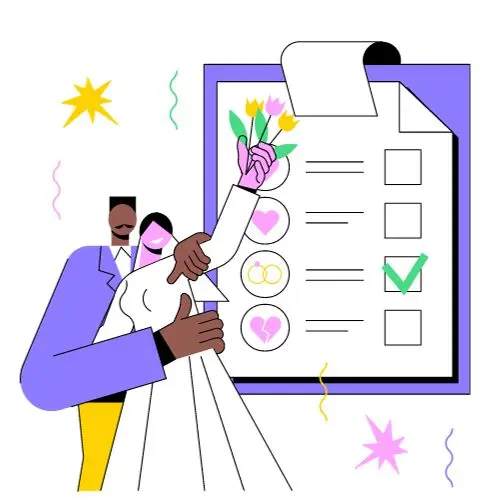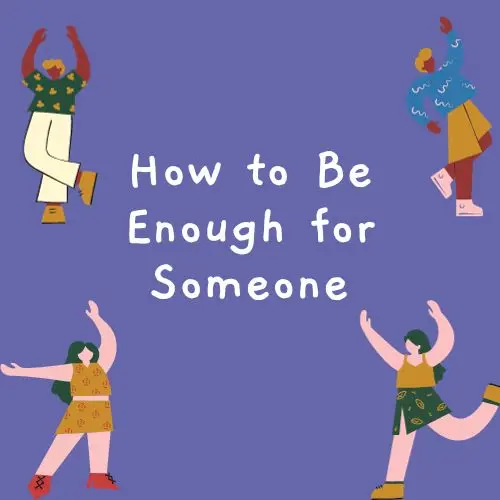We all yearn to feel loved, valued and accepted just as we are. But insecurities often creep in, worrying us that we’ll never measure up in our relationships. We dwell on our flaws and shortcomings, doubting we can be enough.
The good news is you already are enough. You can develop greater confidence in relationships by taking care of yourself, focusing less on others’ approval, and defining your worth by more than your partnership status.
Follow the tips below to silence the voices questioning your worth and build security in who you are. With self-acceptance and compassion, you free yourself to show up fully in relationships as the wonderfully imperfect person you already are.
Start with Self-Care

It’s impossible to feel complete in a relationship if you don’t first feel whole as an individual. Make self-care a priority with these strategies:
- Meet your own needs first. Don’t look to others to fulfill you. Figure out what nourishes you in body, mind, and spirit. Then do that regularly!
- Set boundaries. Say no to requests that drain you or violate your values. Don’t let others take advantage.
- Practice self-compassion. Talk to yourself as a caring friend would. Don’t dwell on imperfections.
- Do things you enjoy. Make time for hobbies, interests, and activities unrelated to any relationship. Pursue passions that light you up.
- Invest in personal growth. Read, take classes, attend workshops. Continually expand your skills and knowledge.
- Care for your physical health. Eat nourishing foods, stay active, sleep well, and see doctors regularly.
Feeling happy and whole makes you less likely to look to others to complete you. Self-care builds security.
Silence Your Inner Critic

Is that nagging inner voice magnifying your every flaw and imperfection? It lies. Stop giving it power with these steps:
- Get perspective. How would you talk to a friend struggling with the same doubts? Offer yourself that same compassion.
- Identify root insecurities. Understand where self-judgment stems from, like childhood dynamics or past relationships. Unpack it in therapy if needed.
- Challenge negative thoughts. When criticisms arise, ask yourself, “Is this absolutely true?” and “How might I view this more positively?”
- Focus on strengths. Make a long list of your qualities, talents, and accomplishments. Re-read it whenever you start to feel “not enough.”
- Monitor self-talk. Notice when your inner monologue turns harsh. Consciously shift to words of kindness and encouragement.
- Visualize confident scenarios. Picture yourself feeling secure and valued in relationships. Envision showing up as your best self.
The more you reframe negative self-perception, the more your view of yourself will shift. Refuse to tear yourself down.
Gain Confidence Through Achievement

One of the best antidotes to insecurity is achievement. Pursue personal growth that makes you proud.
- Set meaningful goals. Challenge yourself with learning objectives to expand your abilities. Start a new hobby, take a class, or read books on topics you want to understand better. Keep growing.
- Improve your skills. Identify abilities you want to sharpen and devote time to practicing. Seek feedback from teachers and coaches. PROGRESS IS motivational.
- Contribute value. Find volunteering, advocacy, or charity work where you help people and enhance society. Making a difference boosts esteem.
- Develop physical strength. Join a gym, take up running, bike, swim. Building your body’s abilities reminds you of your power and resilience.
- Express yourself creatively. Connect with your unique inner self through art, music, writing, dance, or other creative outlets.
Gaining new competencies reminds you of your inherent talents and potential. Confidence naturally grows as you better yourself over time.
Separate Your Worth from Relationship Status

Defining your value by whether someone chooses to be with you is tempting. But your relationship status does not determine your worth. Don’t let it dictate your security.
- Remember you are whole alone. You are beautifully and completely YOU, whether single or partnered. A relationship adds to your experience but does not complete you.
- Release control. You can’t make someone want a relationship with you. All you control is being your best self. Focus there.
- Find security within. Look inward for anchors of self-esteem like your character, values, passions, and contributions to the world.
- Cherish non-romantic bonds. Invest in family bonds, close friendships, and community connections affirming your worth beyond romance.
- List what makes you wonderful. Make an ongoing list of your inherent qualities that have nothing to do with someone choosing you. Revisit it when doubting your worth.
You are lovable right now as you are. You don’t need to earn love or be “good enough” for someone. Know this even if no one else does yet.
Combat Comparison

It’s easy to question your worth when comparing yourself to others who seem to “have it all” in their relationships. Avoid this trap with:
- Focus on your path. Don’t worry about how you measure up to others. Define success by your values and priorities.
- Avoid the highlight reels. No one’s life is as perfect as the filtered versions on social media. Make judgments based on reality.
- Check your assumptions. Things are rarely as they appear externally. You have no idea what struggles people face privately.
- Celebrate your uniqueness. Instead of wanting to be like someone else, take pride in qualities that make you wonderfully YOU.
- Surround yourself with positive people. Those who tear others down or boast about themselves signal low self-worth and won’t make you feel good.
- Limit social media use. Constant comparisons online fuel insecurity. Set boundaries on when/how much you engage.
Your only competition is yourself. Benchmark progress against your growth and values, not anyone else’s curated public image.
Accept That No One is Perfect

Understand that even in healthy relationships, both people will make mistakes, have flaws, and occasionally disappoint each other. This is normal and human.
- Check any idealization. Don’t put your partner on a pedestal and then feel inadequate in comparison. They have shortcomings, too.
- Allow room to make mistakes. If you mess up, apologize sincerely, learn from it, and move forward with self-forgiveness. Same for your partner.
- Focus on the good. No one will meet 100% of your needs perfectly. But they can meet many beautifully. Appreciate these without overfocusing on flaws.
- Voice needs compassionately. If something is genuinely missing in the relationship, bring it up not as criticism but as sharing what would help you feel most loved.
- Don’t take everything personally. Not every frustration or disappointment is a referendum on your worth. Often, other factors are involved.
You’ll never find a “perfect” partner. The beauty is in loving someone despite their faults – and being loved the same way in return.
Key Takeaways to Remember

- Self-care is the foundation of relationship security. You can’t rely on others to complete you. Prioritize your own needs first.
- Silence the inner critic. Actively challenge negative self-talk and assumptions. Don’t feel insecure with false criticism.
- Gain confidence through achievement. Develop new competencies that make you proud of who you’re becoming.
- Separate your inherent worth from romantic status. You are whole and lovable as you are, whether single or coupled.
- Refuse comparison. Stay focused on your growth path and definitions of success instead of unrealistic external benchmarks.
- Accept that no one is perfect. Aim for a partner who embraces you despite flaws – and offers grace that you do the same for them.
The bottom line? You are enough exactly as you are. Anything else you want to become flows from this foundation of inherent worthiness. All that remains is to quiet the doubting voices, embrace your beautifully imperfect self, and boldly offer that gift to others.

